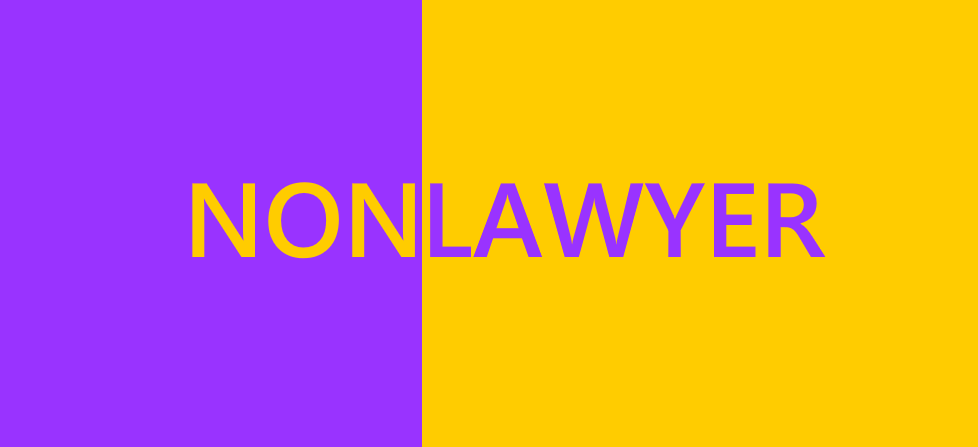[Updated 6 July 2023: Today’s blog post (here) addresses something I omitted from this post, so until further notice it’s my definitive take on nonlawyer!]
Before doing today’s post on nonlawyers helping with contract drafting (here), I was aware of grumbling about the word nonlawyer.
I’m entirely willing to revisit the implications of words I use. For example, after being gently admonished a few years ago, I’ve learned not to use guys in addressing groups with a mix of men and women. And recently someone suggested I shouldn’t use stepchild to describe something that’s being neglected; I’ll give that some thought.
Regarding nonlawyer—please, no hyphen!—I see why people object. Generally, it’s not great to define people by what they aren’t. So instead of calling someone a nonlawyer, you could refer to them by what they are. A contract manager. A paralegal. A businessperson. Whatever. And when referring to a group of such people, something like support staff might be appropriate, depending on the context.
But that’s not always going to work. Specifically, today’s post aims to rebut the notion that only lawyers should be responsible for contract drafting. That notion inherently divides the world into lawyers and others. It follows that in rebutting that argument, I have to refer to the “others” group. It would be impossible for me to refer to each of the functions that together constitute the “others” group. I could say “people who aren’t lawyers,” but that expresses the same meaning as nonlawyer, just with more words. Because the terminology doesn’t exist that would allow me to refer to both groups by what they are, in the manner of clergy and laity, I’m stuck with nonlawyer.
(For some context, see Carolyn Elefant‘s Above the Law post about nonlawyer, here.)


I like others, just as you used it in this post. If the relevant distinction is lawyers vs others, why not use others?